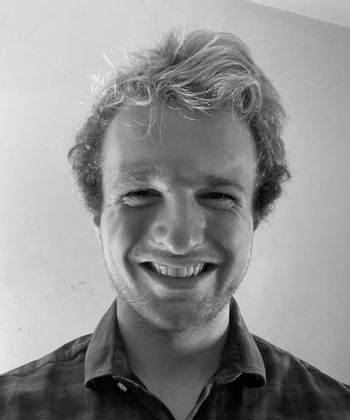National Science Foundation grants $50,000 to Boise State researchers to study ‘white supremacist extremism’
The grant has been awarded to two Boise State researchers whose work focuses on racial issues.
One of the grant awardees is currently researching ‘cultural reproduction of inequality through discourse in science-fiction fandom.’
The National Science Foundation has granted a total of $50,000 to two researchers from Boise State University in Idaho to study “white supremacist extremism.”
The grant “supports [the recipients’] research into white supremacist extremism,” and the project “will study how shifts in the Democratic party’s political philosophy since the 1990s have resulted in new forms of alienation, pushing people towards white supremacism,” the university’s website says.
The two researchers are Arthur Scarritt, professor and Chair of Sociology at the school, and Michael Kreiter, an instructor at Boise State and researcher of “social inequalities,” as seen from the university website.
The researchers “hope their findings will enhance civil political discourse, diminish alienation, improve social cohesion, and fight racism and white supremacy,” the grant announcement continues.
[RELATED: $300k NSF grant to train student teachers on ‘systemic racism’]
In response to a Campus Reform request for comment, a National Science Foundation official justified the project’s funding by claiming: “All proposals submitted to NSF are reviewed according to two merit review criteria: Intellectual Merit and Broader Impacts. This award reflects NSF’s statutory mission and has been deemed worthy of support through evaluation using the Foundation’s intellectual merit and broader impacts review criteria.”
Scarritt lists “Race and Ethnicity” and “Inequality” among his areas of interest and is the author, among other articles, of “Tripartheid: How Global White Supremacy Triumphed through Neoliberalism,” according to his CV.
Scarritt also wrote a 2016 Counterpunch article about the occupation of the Malheur National Wildlife Refuge in that year, arguing that the ranchers who occupied the refuge were motivated by white supremacy.
“The paradigm holds that white men must boldly fight for their unique entitlements not just as a personal battle for proprietary privileges, but as a patriotic struggle for the benefit of society, preserving the core form of organization that has brought us this far. They therein counter other claims based on distinct rationalities such as equality before the law, equality of opportunity, or scientific inquiry. White women must directly serve this cause, while darker hued folk enjoy the options of bondage, incarceration, or genocide,” Scarritt wrote.
Scarritt’s research partner, Michael Kreiter, lists his research interests as being “focused on social inequalities, including areas of race, gender, class, and sexuality,” and states that his “current research is investigating cultural reproduction of inequality through discourse in science-fiction fandom,” according to his bio on Boise State’s website.
[RELATED: NSF grants nearly $7.5 million to universities developing anti-’misinformation’ tools]
In an email to Campus Reform, a spokesman for Boise State defended the grant.
“Research endeavors contribute to bodies of knowledge that foster a better understanding of our world,” the spokesman said. “As a university, we defend freedom of speech and academic freedom on our campus and faculty and students hold a variety of perspectives. Universities must be places that respect and facilitate the free exchange of ideas.”
Campus Reform has reported on previous instances of the National Science Foundation funding projects that could be seen as politicized. For example, Campus Reform reported this February that the Foundation granted nearly $1 million to three different universities “to take part in a project that would supposedly aid in changing undergraduate biology courses to be more welcoming to students identifying as transgender.”
Campus Reform contacted Arthur Scarritt and Michael Kreiter for comment. This article will be updated accordingly.

